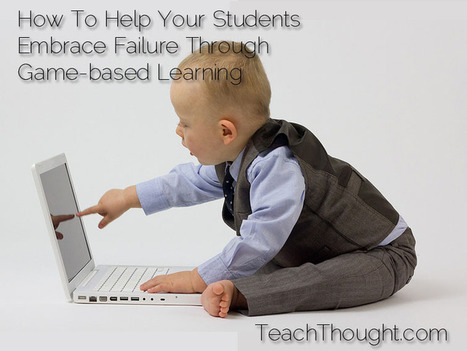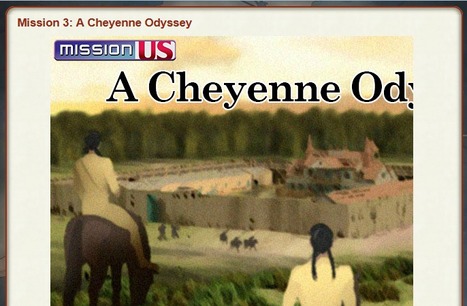"Edudemic has covered game-based learning and gamification in the classroom on numerous occasions in the past. When learning becomes a game, it’s an enjoyable, effective experience for students and teachers alike. We’ve curated 23 of the best game-based education resources for 2014. If your class hasn’t gotten its game on yet, then now is the time."
Research and publish the best content.
Get Started for FREE
Sign up with Facebook Sign up with X
I don't have a Facebook or a X account
Already have an account: Login
Tech tools that assist all students to be independent learners & teachers to become better teachers
Curated by
Beth Dichter
 Your new post is loading... Your new post is loading...
 Your new post is loading... Your new post is loading...

MLC Junior School Hub's curator insight,
December 2, 2014 3:28 AM
Everyone is afraid of something. However, we need to encourage our students not to fear failure, but embrace it as a natural part of the learning process. One area where failure is naturally integrated is games-based learning where progress is built on the concept of experimentation - failure and adaptation. |
|
















Game-based learning...has it come to your classroom yet? This post provides 23 great resources on game-based learning. The material is divided into the following sections:
* Understanding game-based learning: Is game-based learning effective, or is it frivolous? Learn more about it with the links provided in this section.
* Resources for getting started: Some great introductory resources to help you get started.
* Tools you can use: Find hands-on games and gaming ideas in this section.
* For teachers who design their own games: Well, you may not be in this place yet, but perhaps down the road. Find hints to help you plan out your games.
* Game-based education in the news: Learn more about what is going on from the resources provided here.
* Other resources: Additional resources on games and gamification.
Students like to play games, and when the "fail" in a game they tend to go back and try it again because they want to win. There are some amazing games available that are free. This post provides a range of resources that may help you make the leap to trying an online game with your students, or designing a game. You may be quite pleased with the outcome.